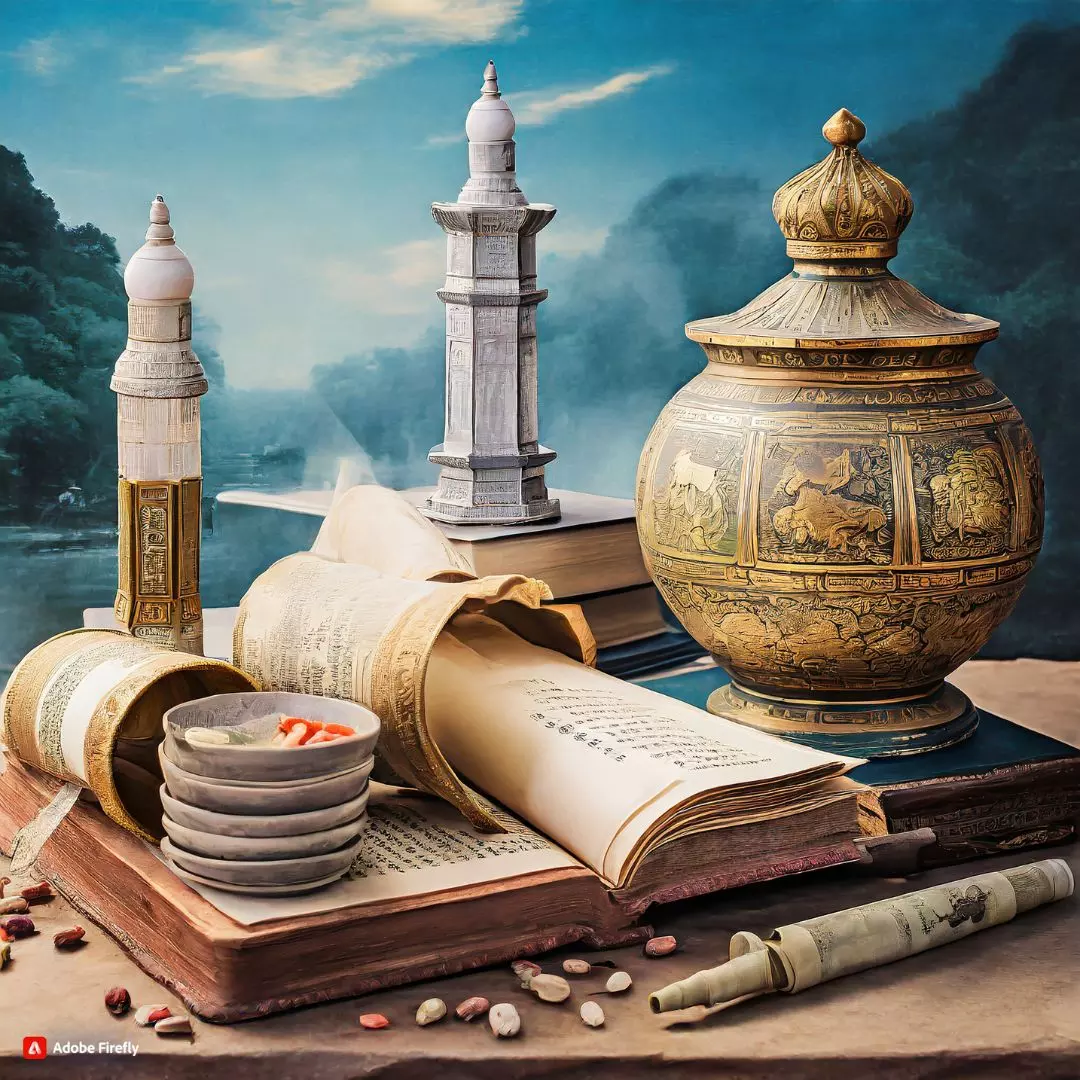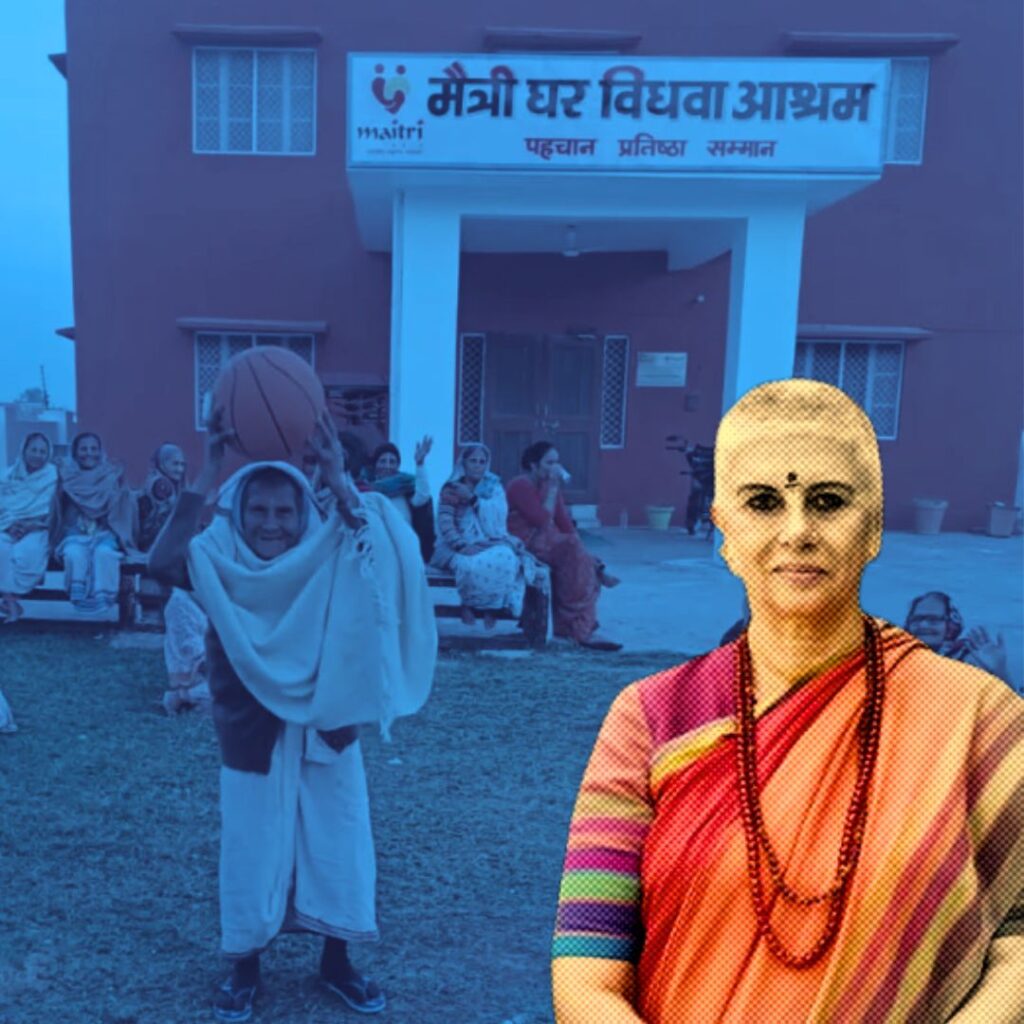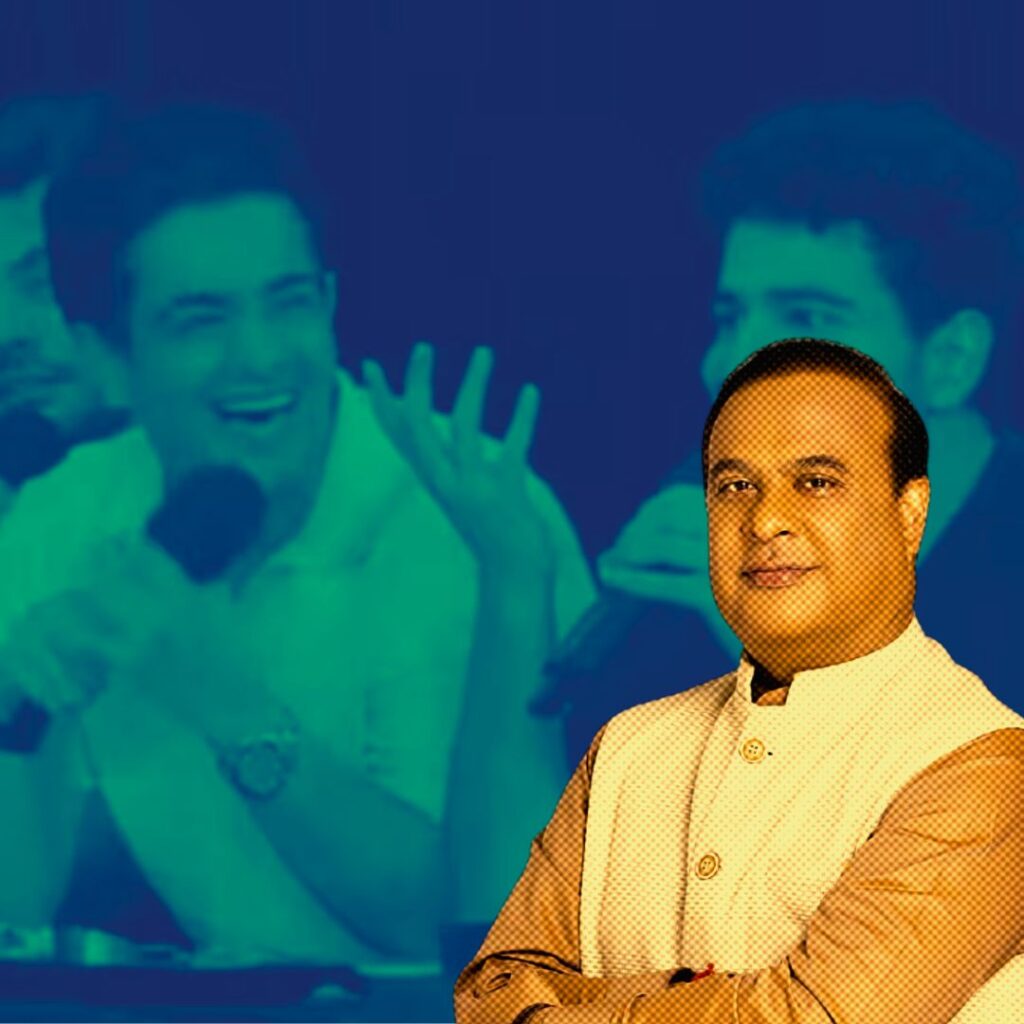For centuries, diverse cultures worldwide have turned to traditional healers, home remedies, and ancient medicinal wisdom to address health and well-being. The World Health Organization’s Global Report on Traditional and Complementary Medicine (2019) reveals the extensive use of various traditional systems, including acupuncture, herbal medicines, and indigenous healing practices across 170 WHO Member States. While traditional medicine is sometimes perceived as pre-scientific, its substantial contributions to modern science and medicine often go unnoticed.
About 40% of today’s pharmaceutical products draw inspiration from nature and traditional knowledge. Landmark drugs such as aspirin, artemisinin, and childhood cancer treatments have roots in traditional practices. Chinese scientist Tu Youyou’s groundbreaking discovery of artemisinin, derived from sweet wormwood, revolutionized malaria treatment after centuries-old Chinese medical literature provided the crucial clue. Similarly, willow bark, utilized for centuries as a pain reliever, laid the foundation for aspirin, one of the most widely used drugs globally.
Beyond sweet wormwood and willow bark, various medicinal plants have played pivotal roles in modern medicine. The Madagascar periwinkle contributed to childhood cancer drugs, while hawthorn and foxglove were employed in treating cardiovascular diseases. Star anise yielded shikimic acid for Tamiflu, combating influenza, and wild Mexican yam contributed to the development of contraceptive pills. Modern medicine’s reliance on traditional knowledge underscores the enduring value of ancient practices.
The eradication of smallpox, one of the deadliest diseases in human history, owes its success to ancient practices. Drawing from variolation—a method dating back to 200 BCE where material from smallpox sores was transferred to healthy individuals—the smallpox vaccine emerged. The global health success story highlights how traditional practices, observed by Lady Mary Wortley Montagu and others, led to the ultimate eradication of smallpox. Similarly, practices like yoga and acupuncture have proven effective in addressing chronic health issues, supported by research data.
In the contemporary era, new technologies are shedding light on the tangible benefits of traditional medicine. Artificial intelligence (AI) is at the forefront, utilizing advanced algorithms and machine learning to explore extensive traditional medical knowledge, identify patterns, and map evidence. Functional magnetic resonance imaging (fMRI) allows researchers to study brain activity and relaxation responses in individuals practicing traditional techniques like yoga and meditation. These technological innovations promise a deeper understanding of traditional medicine’s effectiveness.
As traditional medicine continues to influence global healthcare, the interplay between ancient wisdom and modern science becomes increasingly evident. From the roots of pharmaceutical breakthroughs to the eradication of deadly diseases, traditional practices are shaping the future of medicine. With the convergence of ancient wisdom and cutting-edge technologies, the ongoing research into traditional medicine holds great promise, offering a bridge between the rich tapestry of the past and the innovative landscape of the future in global healthcare.












